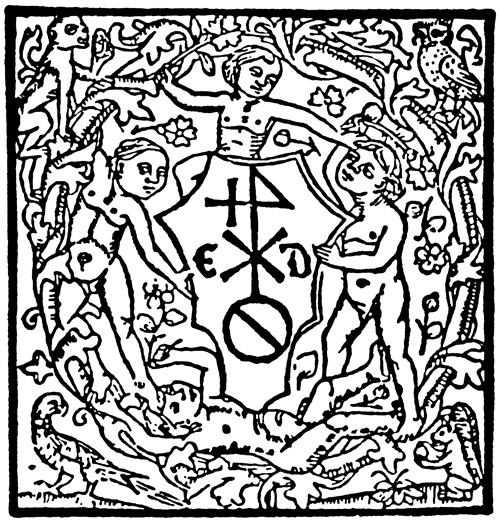-

“He has revealed to us the whole of antiquity”: so spoke Pope Pius II of the historian and archaeologist avant la lettre, Biondo Flavio (1392-1463). In his work Roma triumphans (1459), his last major treatise and the fruit of decades of engagement with the city of Rome and Roman history, Biondo Flavio was the first to attempt to present Roman civilization in all its complexity. His Roma triumphans is a key text of Italian humanism and the basis of the long-lasting discipline of antiquarianism. Despite its acknowledged originality, early European circulation, and centuries of influence, there have been few in-depth studies of its multifarious contents. In this book we present a range of strategic explorations of the work’s nature, contents, and influence, for the first time making it available to a wide modern readership and opening up a seminal chapter of the long European obsession with the exemplary role of Rome and its institutions.
« Il nous a dévoilé toute l’Antiquité » : c’est ainsi que le pape Pie II parlait de Biondo Flavio (1392-1463), historien et archéologue avant la lettre. Dans son important ouvrage Roma triumphans (1459), son dernier traité et le fruit de décennies de travail sur Rome et l’histoire romaine, Biondo Flavio fut le premier à tenter de présenter la civilisation romaine dans toute sa complexité. Roma triumphans est un texte clé de l’humanisme italien et constitue la source de « l’antiquarianisme ». Malgré des siècles d’influence, son originalité reconnue et le fait qu’il circula très tôt en Europe, peu d’études approfondies de cette œuvre aux multiples facettes ont été publiées. Dans ce livre, nous présentons un éventail d’explorations ciblées sur la nature, le contenu et les influences de cet ouvrage, le rendant pour la première fois accessible à un large public contemporain et révélant un chapitre fondamental de la perception européenne du rôle exemplaire de Rome et de ses institutions.
